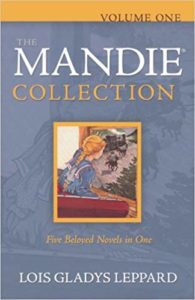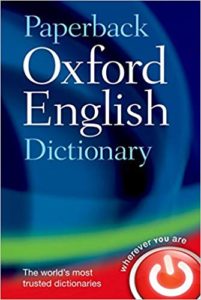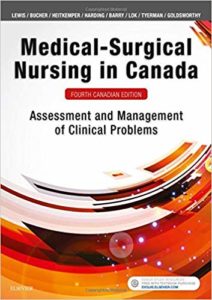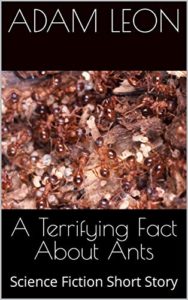 Title: A Terrifying Fact About Ants – Science Fiction Short Story
Title: A Terrifying Fact About Ants – Science Fiction Short Story
Author: Adam Leon
Publisher: Self-Published
Publication Date: March 11, 2022
Genres: Science Fiction, Young Adult, Horror, Contemporary
Length: 24 pages
Source: I received a free copy from the author.
Rating: 3 Stars
Blurb:
Review:
“I discovered a strange relation between ants and another fascinating insect; spiders. Specifically, the Myrmarachne formicaria; the spider that looks exactly like an ant that was discovered by researchers back in 2001.
How strange it must have been to be the researcher suddenly noticing their colony of ants becoming cannibalistic. The Myrmarachne formicaria’s evolutionary convergence had the primary purpose of mimicking their prey to allow the creature to invade anthills without being attacked, allowing the creature to burrow deep into their homes and devour the larvae of their undeveloped children, and then walking away as if nothing ever happened. Terrifying, yet unbelievably fascinating.
Not only would the spider have to evolve to look exactly like the ant, but the species would also have to understand the simple psychology of ants, matching pheromones, behaviors, antennae communication etc. just to pull off this horrifying heist. How could random evolution be responsible for such deliberate manipulative complex action?
Of course, in recent years, it’s been understood that the Myrmarachne formicaria is not alone in its formation, countless other spider species have mimicked ants so well that researchers were only able to recently discover their existence through the use of DNA testing.
I started to wonder if a similar case could be applicable to human beings. Are there people among us who are not people? Are there psychological manipulators camouflaged as their prey so expertly, for the sole purpose of devouring our young and bleeding the public dry as if we were nothing more than livestock? And I’m not just talking about politicians here.
Be careful who you trust.
I have two quick notes to share about this short story before I jump into my review. First, be sure to read the introduction. It contains some important information that readers will need in order to understand what’s happening. Second, I also wanted to mention that the original Spanish version of this story is happily included in this version, too, for readers who understand that language.
Antonio, the protagonist, and John, the gringo who had recently moved to the area, had a relationship that made me chuckle. Both of these individuals made assumptions about each other that may not have been as accurate as they assumed. I was also amused by how Antonio’s gentle and trusting personality was matched by John’s fierce independence and unwillingness to trust anyone with even the smallest scraps of information about his life until he’d known them for a long time.
The implications of what John had to say about why he left the Anglo world for such a remote Hispanic community were chilling, but I found myself wishing he’d shared more details about what his life had been like before the events that drove him so far away from his original home. I’m saying this as someone who loves analogies and solving the riddles authors sometimes share in their works. It simply would have been easier for me to emotionally connect with John if I knew some basic details about his past like the names of his loved ones or the precise location of English-speaking country he’d left behind.
Some of my favorite scenes were the ones that explored the cultural differences between Antonio and John. For example, John thought he should pay for help by the hour while Antonio thought it made more sense to pay by the task so that workers would finish the job as soon as they could. These sorts of cultural misunderstandings can lead to all sorts of amusing miscommunications that work so well in otherwise serious works like this one. The fact that their personalities were also so different from each other as I mentioned earlier only made this aspect of it even more memorable. They had so little in common, and yet I loved seeing how both of them worked together as John built up the courage to share a small sliver of his past.
A Terrifying Fact About Ants made me shudder.

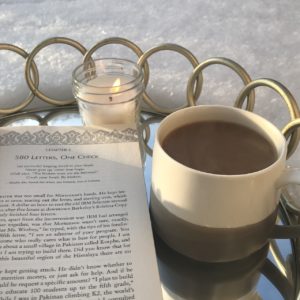 anuary of 2013, I began blogging once a year about everything I’d read that previous year. This tradition began when my dad asked me how many books I’ve read in my entire lifetime.
anuary of 2013, I began blogging once a year about everything I’d read that previous year. This tradition began when my dad asked me how many books I’ve read in my entire lifetime.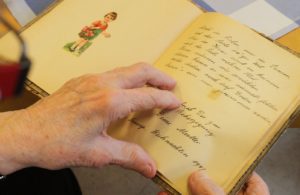 “American Bastard” by Jan Beatty
“American Bastard” by Jan Beatty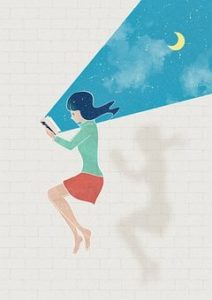
 “White Unwed Mothers: The Adoption Mandate in Postwar Canada” by Valerie Andrews
“White Unwed Mothers: The Adoption Mandate in Postwar Canada” by Valerie Andrews “The Children of Green Knowe” by Lucy M. Boston
“The Children of Green Knowe” by Lucy M. Boston “Why Smart People Make Bad Food Choices: The Invisible Influences That Guide Our Thinking” by Jack Bobo
“Why Smart People Make Bad Food Choices: The Invisible Influences That Guide Our Thinking” by Jack Bobo “The Hospital: Life, Death, and Dollars in a Small American Town” by Brian Alexander
“The Hospital: Life, Death, and Dollars in a Small American Town” by Brian Alexander “Dark Waters” by Katherine Arden (Review coming in 2022)
“Dark Waters” by Katherine Arden (Review coming in 2022)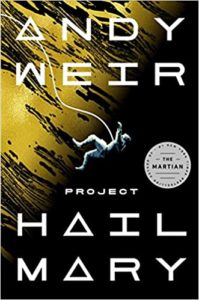 Title: Project Hail Mary
Title: Project Hail Mary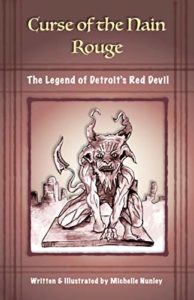 Title: Curse of the Nain Rouge: The Legend of Detroit’s Red Devil
Title: Curse of the Nain Rouge: The Legend of Detroit’s Red Devil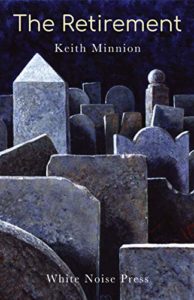 Title: The Retirement
Title: The Retirement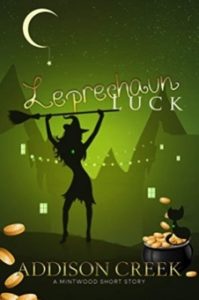 Title: Leprechaun Luck – A Witch of Mintwood Short Story
Title: Leprechaun Luck – A Witch of Mintwood Short Story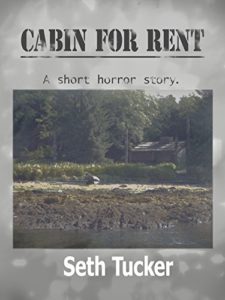
 Why, yes, I did write the
Why, yes, I did write the 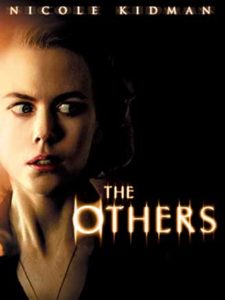
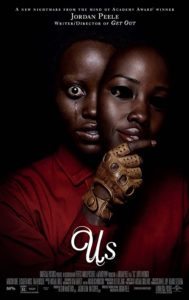





 My first impression of this week’s prompt was that it would be an easy one. It turned out to be trickier than I assumed. In my experience, some people misinterpret social media as a place to sell books or draw traffic to one’s latest blog post.
My first impression of this week’s prompt was that it would be an easy one. It turned out to be trickier than I assumed. In my experience, some people misinterpret social media as a place to sell books or draw traffic to one’s latest blog post.
